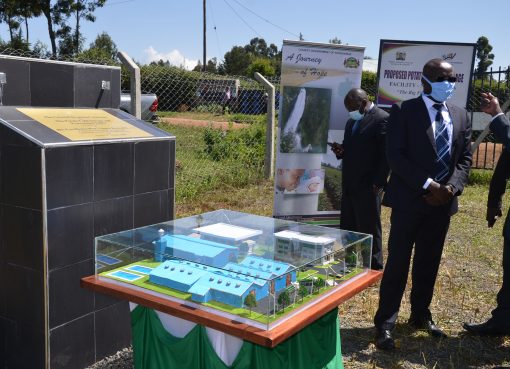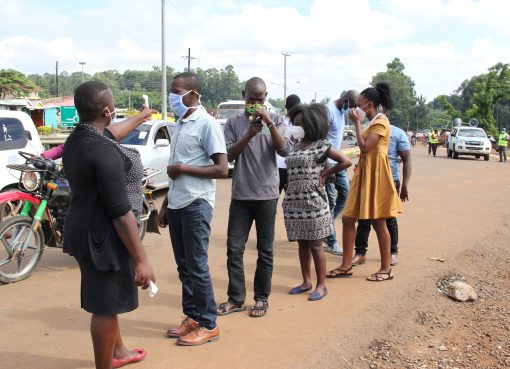Migori County lost agricultural and livestock products worth Sh.400 million following recent floods that hit parts of the region.
According to statistics availed at a workshop convened to prepare a Consolidated National Floods Assessment Reports and Develop an Early Recovery Framework in Migori Town, the region lost Sh.300 million from the fisheries sector alone.
Mr. Charles Nyaanga, the region’s livestock and fisheries director said that a host of farmers lost their fish ponds and fish after all got submerged in floods.
The over 100 fish ponds destroyed during the heavy rainfall from last year up to early this year were part of the government’s efforts to promote fisheries under the popular millennium programme initiated by the Kibaki era.
Mr. Nyaanga further explained that the county also lost livestock worth Sh.50 million and agricultural products including maize, millet, cassava and sugarcane to the tune of Sh.58.4 million plunging the region into a serious food deficit.
However, he told the forum pooling together officers from the national and county government and the private sector that efforts were on to close the gap in food deficit by increasing agricultural activities in the region. Red Cross, a Non-governmental organization is the lead agency of the initiative.
For instance, he noted, the county had embarked on expanding growing of maize, water melon and cassava under a micro-agricultural programme in Nyatike after setting aside over 100 acres within the lower Kuja irrigation scheme project this year.
“Within the next two years we expect to turn Migori into a food basket with a huge capacity of raring animals for meat and dairy products for both local consumption and export,” he told the forum also graced by Migori County Commissioner (CC), Boaz Cherutich.
Mr. Cherutich noted that the region needed to prepare a proper short and medium term paper, in order to effectively turnaround the agricultural sector in the region to make it a heavy investment for those engaging in farm activities.
He pointed out that efforts must now focus on issues of emergency preparedness and short period recoveries in regards to possible catastrophes triggered by effects of Mother Nature.
“It has reached a point that we should wake up and work on means and ways of preventing misfortunes that may come our ways before they hit us, as well as putting in place proper measures of recovering from the emergencies as fast as possible when they hit us,” he said.
by George Agimba




